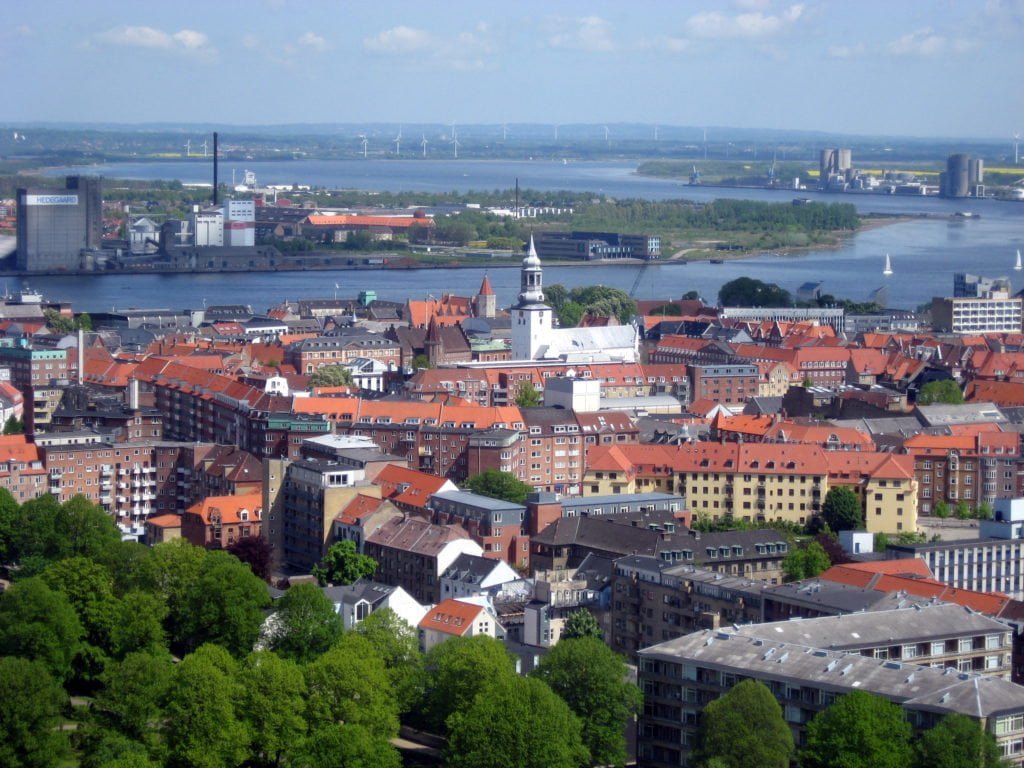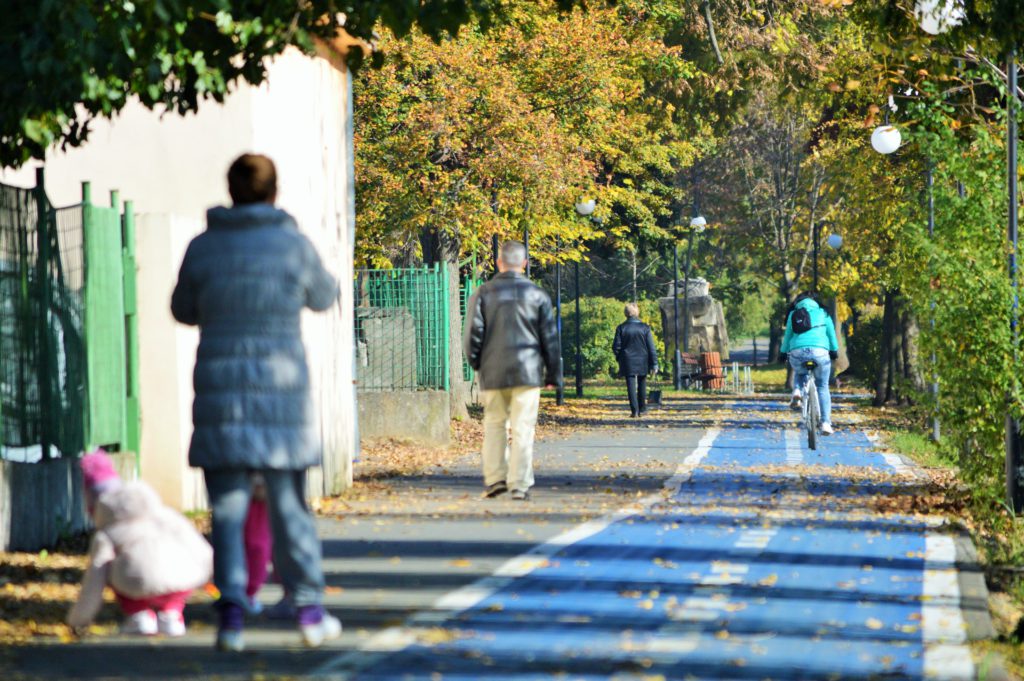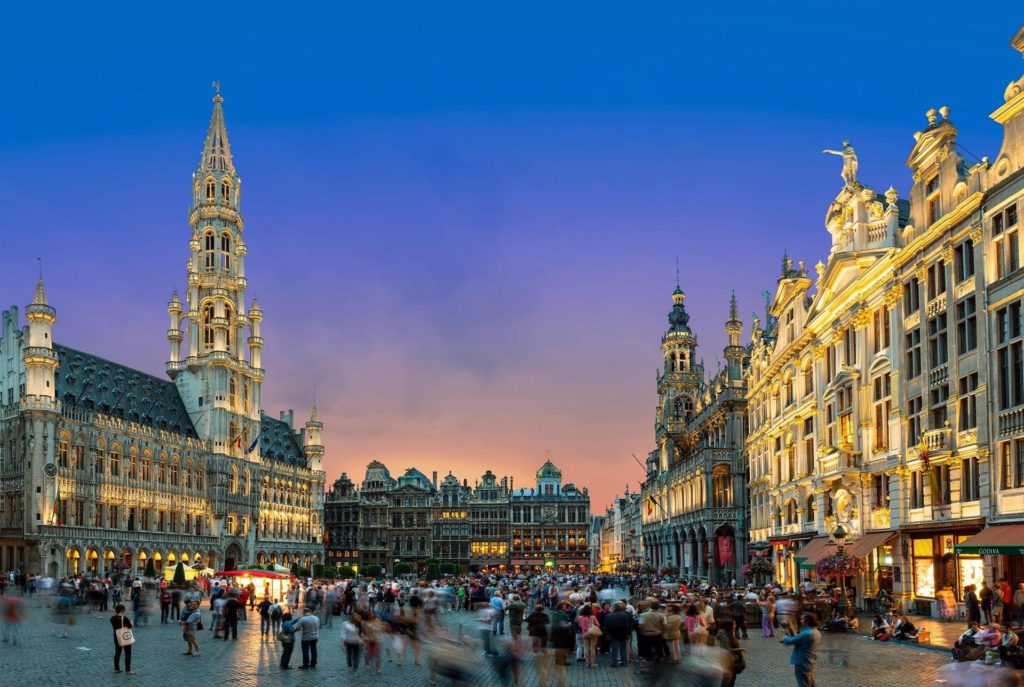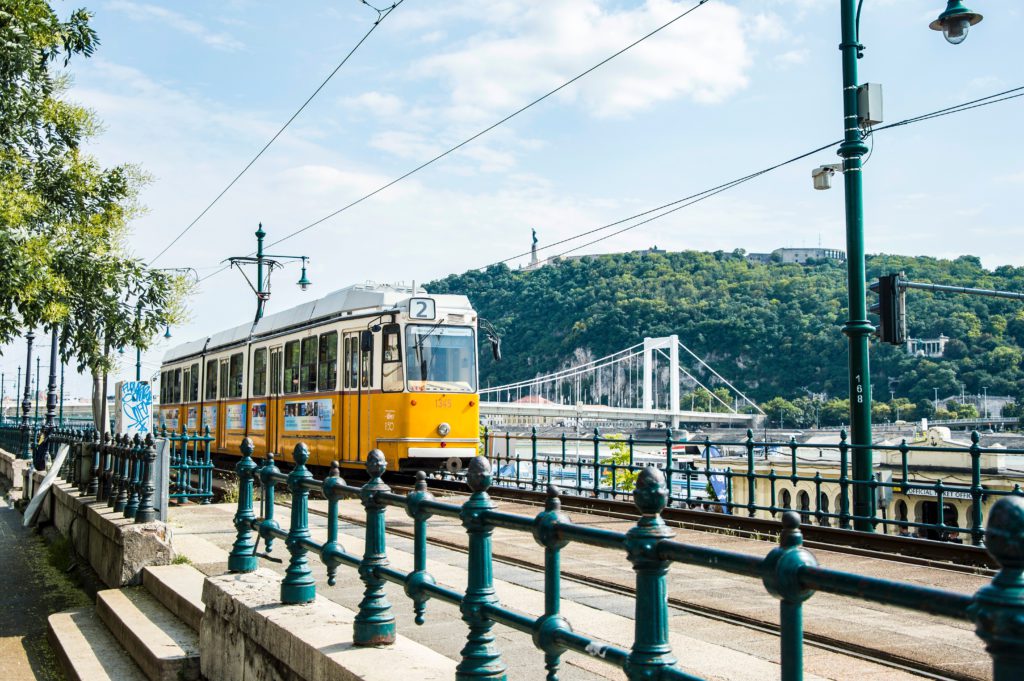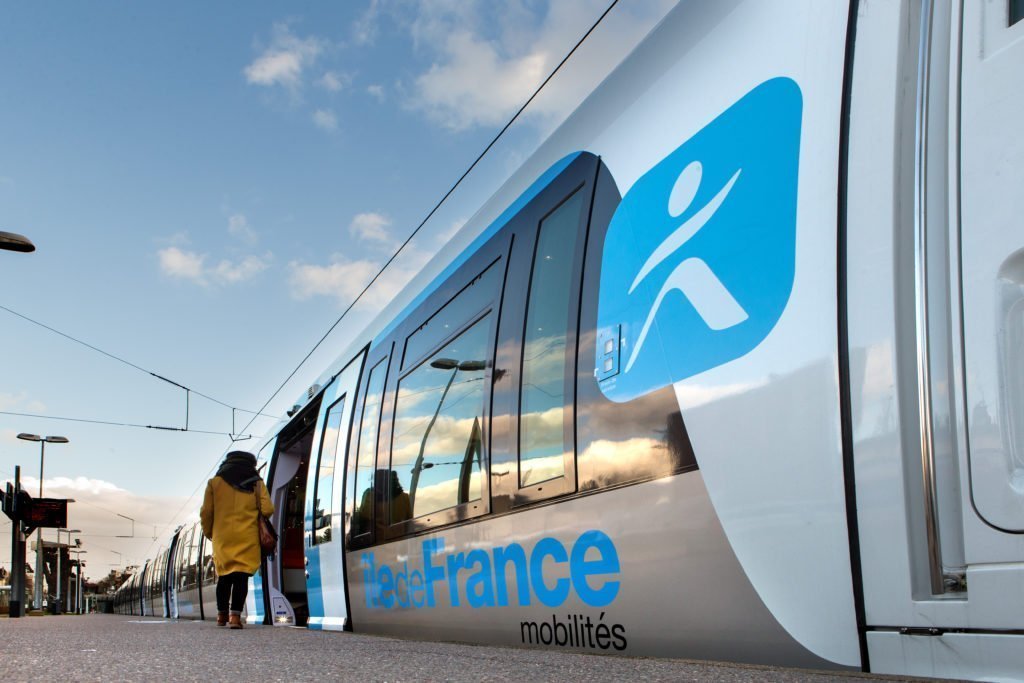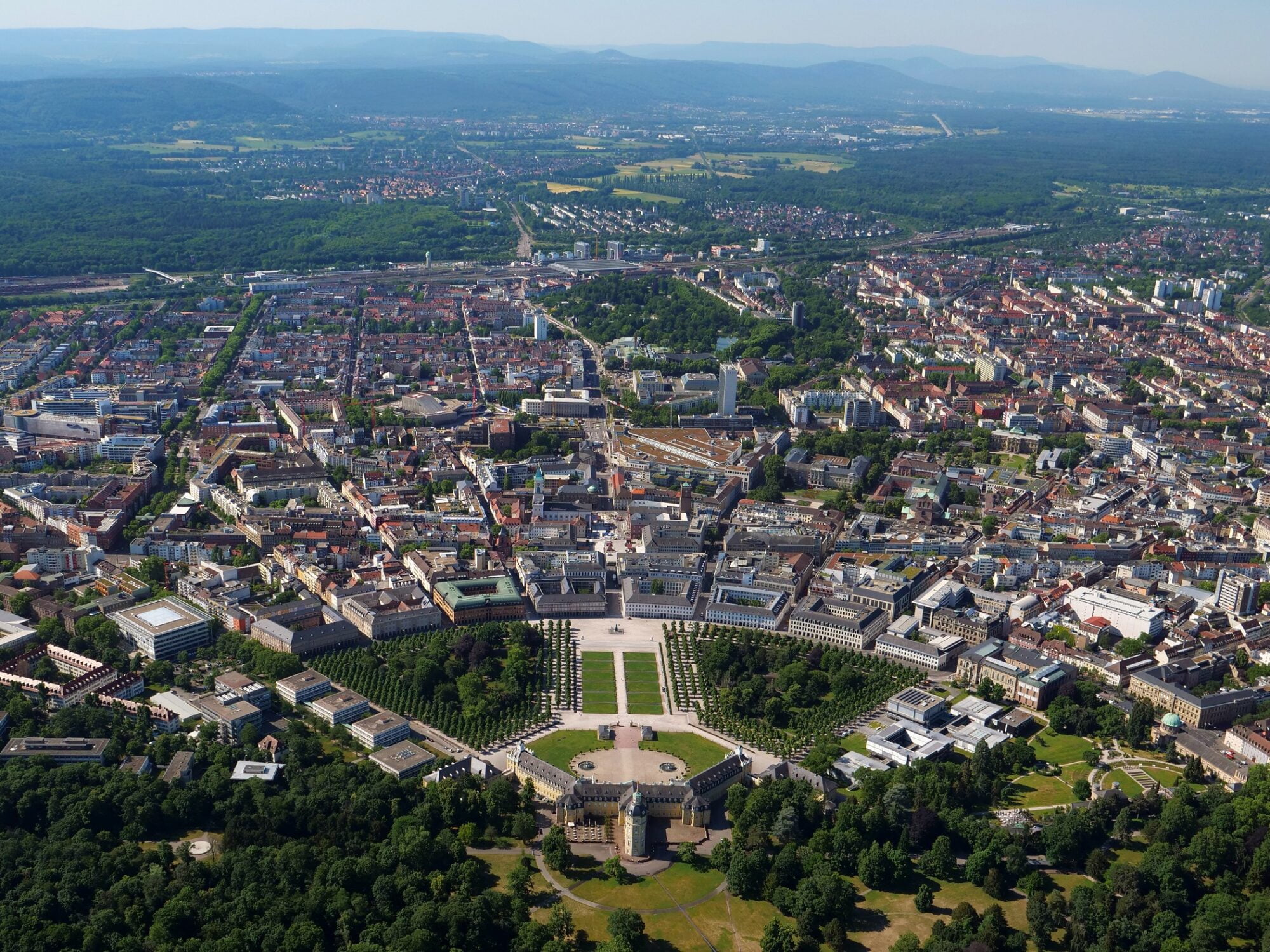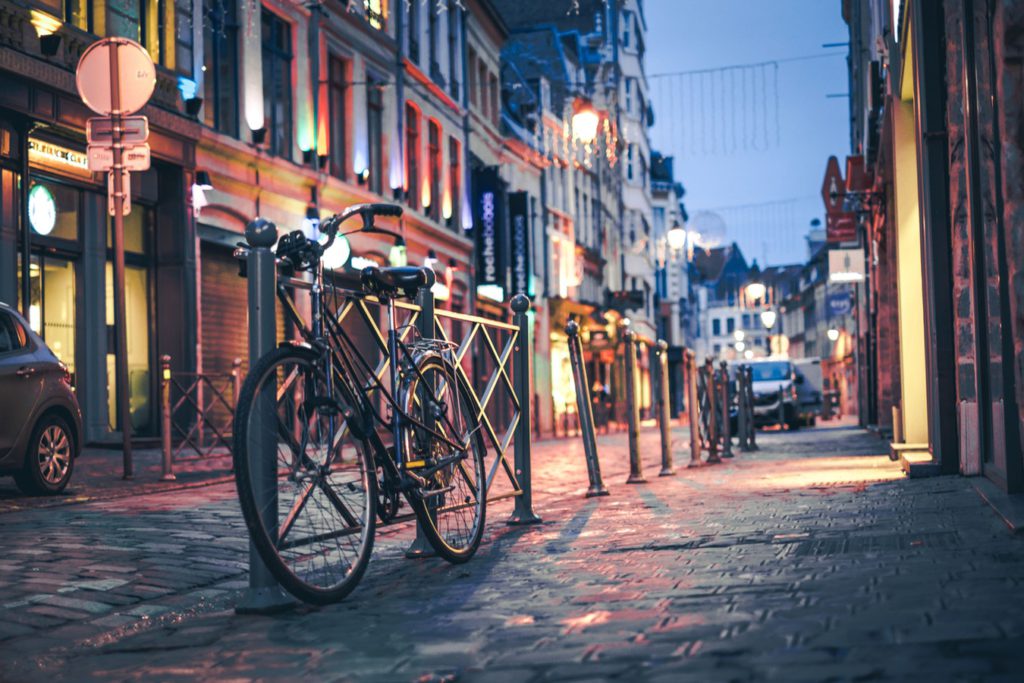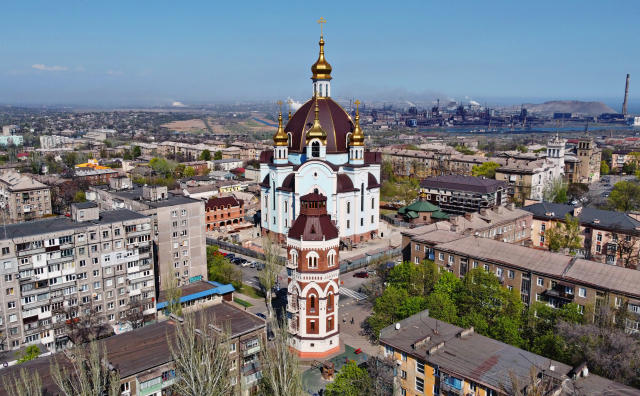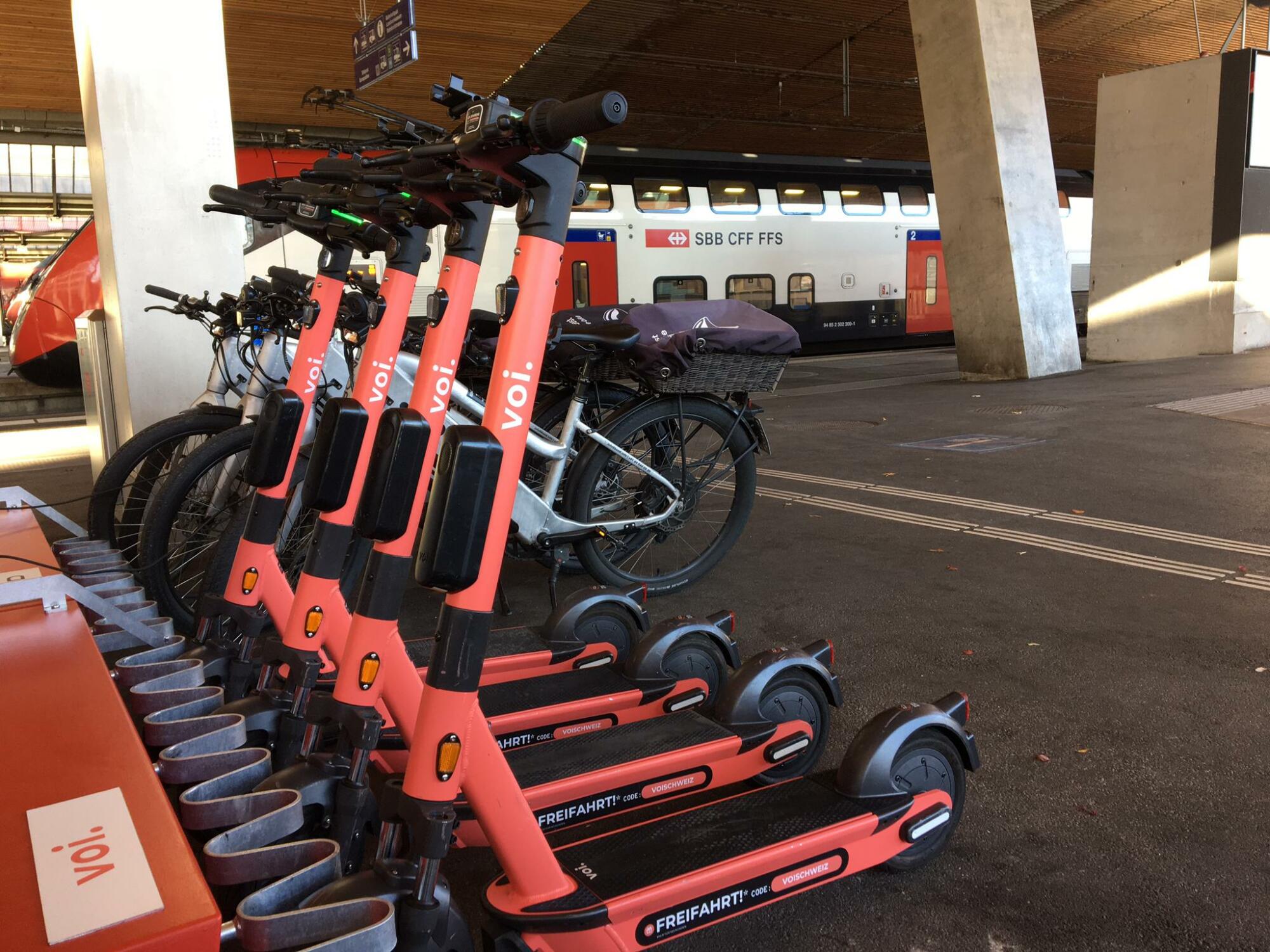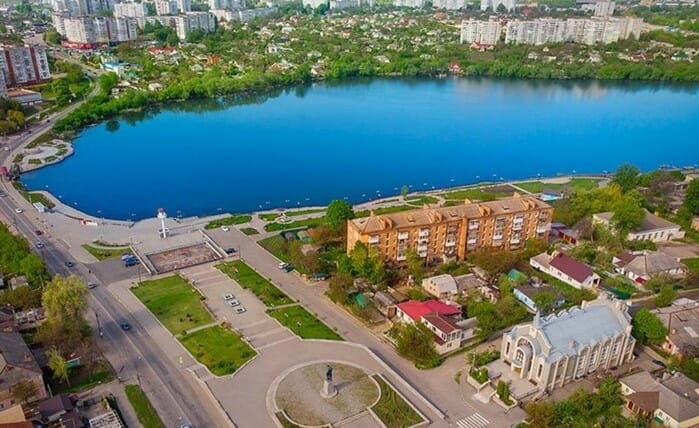Fix that Mix: Exploring multimodal futures at the Annual POLIS Conference 2024
The Annual POLIS Conference 2024, Europe’s leading event for sustainable urban mobility, officially kicked off today in Karlsruhe, Baden-Württemberg.
Co-hosted by POLIS, Baden-Württemberg, the City of Karlsruhe, and Messe Karlsruhe, this year's edition has set a new attendance record with approximately 1,000 participants.
A region and a city hosting together #POLIS24
Following the first round of Parallel Sessions, the conference saw its official inauguration with the Opening Plenary ‘Fix that Mix!’, held in the dm-arena, where mobility leaders and experts discussed the pressing need to integrate multimodal transport solutions. POLIS Secretary General Karen Vancluysen opened the session, emphasising the growing prominence of POLIS as a platform for collaboration and innovation in sustainable transport.
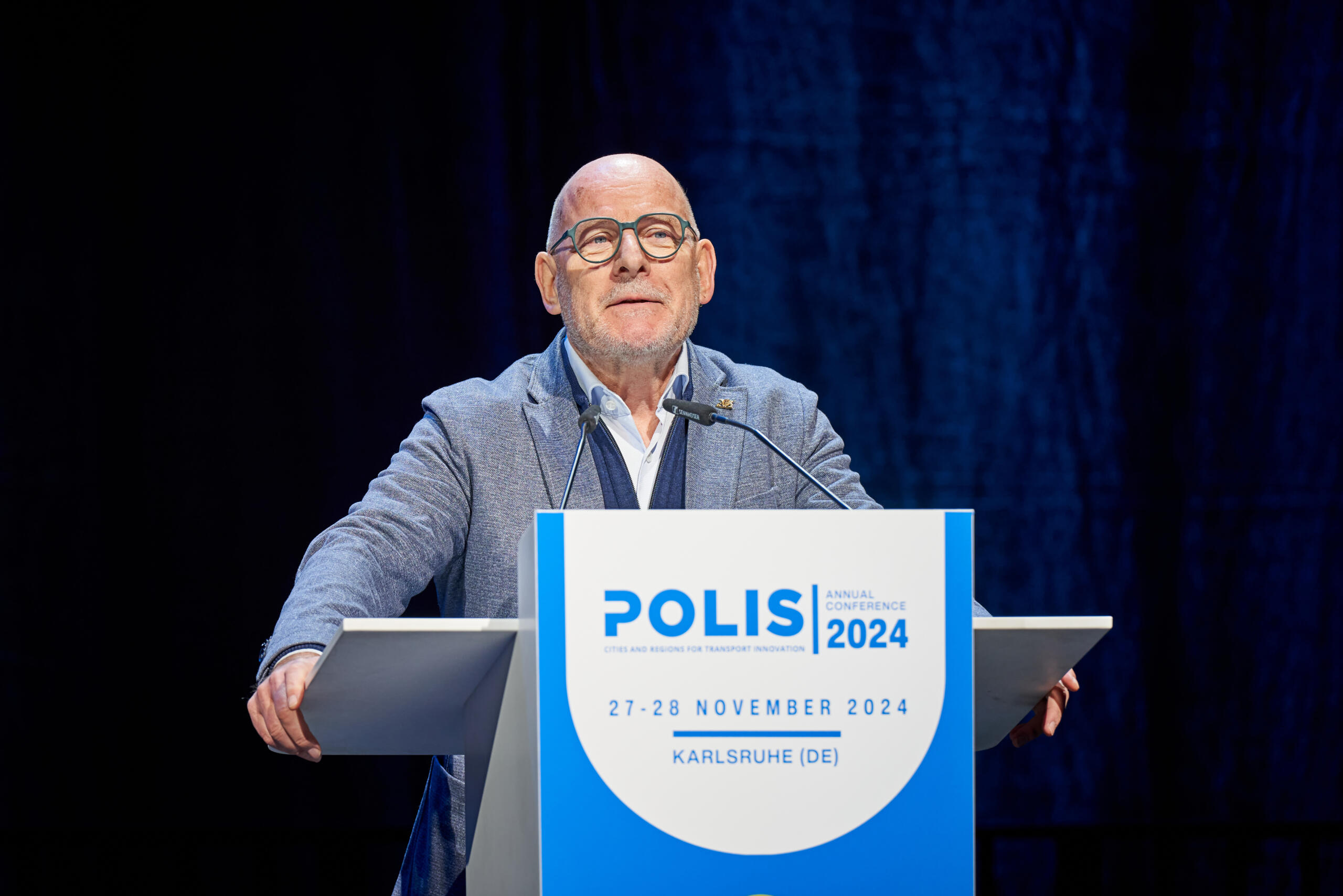
Winfried Hermann - Credits: Foto Behrendt
Winfried Hermann, Minister of Transport of Baden-Württemberg, followed addressing the crowd, ‘We live in times of global pushback and growing distrust in our international organisations and partnerships, but today we are together, 1000 people united, fighting for sustainable mobility. You give me hope for our common future.’
Hermann continued, ‘My political vision is quite clear: transforming our region into a pioneer state for sustainable mobility.’ And Baden-Württemberg is definitely on its way to realise this vision, not only by being the first region to ever host a POLIS Conference, but also by fostering the shift to sustainable mobility at regional, urban, and rural levels.
Dr Frank Mentrup, Lord Mayor of Karlsruhe, followed Hermann’s speech, bringing once again focus on our host city, the City of Karlsruhe. ‘The Annual POLIS Conference has come to the right place, at the right time,’ he said, ‘We have only recently joined the network, and we are very excited to learn from other POLIS members and share with them our world-renowned Karlsruhe model.’
‘Karlsruhe has truly understood how to prevent the transport rift between urban and rural areas by bringing the railway to the people, and not the people to the railway,’ he continued, ‘Why do people need to change, when trains can?’.
How about we ‘Fix That Mix’?

Philipp Rode - Credits: Foto Behrendt
The plenary’s keynote speech by Philipp Rode, Executive Director of LSE Cities, put front and centre the urgency of rethinking urban mobility systems to become truly multimodal and thus enhance sustainability and accessibility.
‘“Fix that mix” implies that our current transport systems are failing us,’ Rode remarked, pointing to issues like empty trucks, underused cars, and excessive travel distances harming urban environments. He emphasised, ‘Private cars dominate at the expense of walkability and urban vibrancy,’ urging a shift to sustainable modes like walking and cycling to shorten travel distances and prioritise accessibility over movement.
He advocated breaking trips by speed and distance to enhance density and quality of life, supported by tools like higher parking fees and inclusive zoning. Moreover, he stated, ‘Public transport remains the backbone of multimodal systems. Integrating hubs with sustainable modes and affordable pricing for public transport ensures long-term viability.’
Rode highlighted cities as ‘territories of access,’ where transport should reflect diverse human needs, beyond cost and reliability, shaped by urban structure. Here, cities’ leadership is crucial, bridging divides between urban and suburban residents. ‘Elections now hinge on sustainable urban travel,’ he noted, stressing collaboration, early stakeholder engagement, and demonstrating tangible change.
Tackling multimodal challenges

Panel at the #POLIS24 Opening Plenary - Credits: Foto Behrendt
Moderated by Karen Vancluysen, the panel that followed Rode’s keynote brought together experts from various sectors to explore how public transport, active travel, and innovative mobility solutions can coexist effectively.
Panellists emphasised the importance of multimodal integration to meet diverse regional needs. Elodie Hanen, Deputy Director General for Île-de-France Mobilités, highlighted tailored solutions like express bus lines and on-demand shuttles in Ile-de-France, noting that even with extensive transit systems, ‘some people still rely on private cars,’ necessitating parking, carpooling, and shared mobility options.
Frank Hansen, Lead Strategist Sustainable Mobility for BMW Group, discussed the evolving role of cars, advocating for differentiated strategies. ‘In rural areas, some are completely car-dependent, while others rarely use them,’ he noted. François-Joseph van Audenhove, Managing Partner at Arthur D. Little, added, ‘We need to avoid using cars as the default by creating a mobility ecosystem where all modes work together.’ Providing enablers such as MaaS and pricing mechanisms like paid parking would be key to reducing their car reliance.
Jill Warren, CEO of the European Cyclists Federation, made a compelling case for cycling: ‘The bicycle has not been given the role it deserves. We need at least 500,000 more km of safe cycling paths across Europe.’ She highlighted the transformative potential of e-bikes and bike-sharing, advocating that ‘bike-sharing should be treated as public transport and subsidised accordingly.' She linked infrastructure, behaviour, and land-use planning as essential elements for making cycling a mainstream mode.
Haya Verwoord Douidri, Director Public Policy at Bolt, described shared mobility’s complement to public systems, citing Bolt’s impact: ‘55% of our customers say ride-hailing led them to give up private cars.’ Shared mobility plays a growing role, particularly in areas where public transport gaps persist. ‘We are no longer the new kid on the block—our role is now essential,’ she reiterated. Warren echoed this sentiment, calling shared bikes and e-scooters ‘flexible, accessible solutions that can help people transition to cycling.’
François-Joseph van Audenhove framed multimodality as inclusive of all modes, not against cars but alongside them: ‘We need to start from the user and see mobility as an ecosystem.’ Philippe Stadler Benz, Senior Project Manager of Swiss Federal Railways SBB, echoed this saying, ‘Mobility hubs are key to connecting transport modes and making cities more liveable.’
All panellists agreed that governance, funding, and scalable innovation are essential to realising a truly multimodal future. Achieving a multimodal future requires a user-centred approach, balancing the strengths of all transport modes. The lesson is clear: no single mode can do it alone, public-private collaboration and ecosystem thinking are essential, and innovation and partnerships should help to fill the gaps that mass transit as the backbone cannot meet.
Cities in motion: Charting the Course
 The latest edition of Cities in motion, POLIS’s flagship magazine, was also unveiled today. Volume V ‘Charting the Course’ features stories of innovation and resilience from cities and regions that are transforming urban mobility amidst pressing global challenges—from tackling severe flooding linked to climate change to navigating shifting political landscapes and even war, the magazine underscores the resilience and determination of local authorities in driving sustainable mobility.
The latest edition of Cities in motion, POLIS’s flagship magazine, was also unveiled today. Volume V ‘Charting the Course’ features stories of innovation and resilience from cities and regions that are transforming urban mobility amidst pressing global challenges—from tackling severe flooding linked to climate change to navigating shifting political landscapes and even war, the magazine underscores the resilience and determination of local authorities in driving sustainable mobility.
Including the profiles of cities like like Brussels, Budapest, Lille, Arad, Karlsruhe, Aalborg, and many more, and regions like Baden-Württemberg and the Scottish Borders, it also spotlights Ukraine’s cities—POLIS members Mariupol, Zviahel, Uman, and Lviv—, which are rebuilding their mobility systems with a vision for a greener and more inclusive future.
The publication emphasises the need for collaboration and inclusivity in mobility planning, with insights from major players and #POLIS24 Sponsors like Bolt and FREENOW on aligning technology with policy. It also showcases bold visions from our Plenaries keynote speakers Philippe Rode and Lars Strömgren, who advocate for reducing car dependency, prioritising multimodality, and fostering climate-neutral urban environments, as well from other community advocates, experts, and leading voices like Nourhan Bassam, Safaa Charafi, Ines Kawgan-Kagan, Sebastien Sutherland, Meredith Glaser, and Nina Nesterova.
Urban Air Mobility gets a new POLIS Taskforce

UAM Taskforce Launch
A key milestone on Day 1 was the launch of the new Urban Air Mobility (UAM) Taskforce, initiated by POLIS with support from the Province of North Holland, during session 3C. The Urban Air Mobility Taskforce aims to advance peer learning on urban airspace, often referred to as the ‘third dimension’ of urban mobility.
Cities and regions must steer UAM innovations, addressing associated challenges such as risk mitigation, stakeholder management, and governance.
Manon Coyne, the POLIS UAM Taskforce Coordinator, said: ‘The new Taskforce provides a platform for cities and regions to share experiences, challenges, and best practices in UAM development; engage with innovations and innovators to support ecosystem management; and connect with key networks and stakeholders in the UAM field.’
Looking ahead to Day 2
Day 2 promises more thought-provoking sessions, including our Closing Plenary, and networking opportunities, as participants continue to explore the transformative potential of sustainable urban mobility.
For more details and live updates, visit the official conference page: www.polisnetwork.eu/2024-annual-polis-conference.


